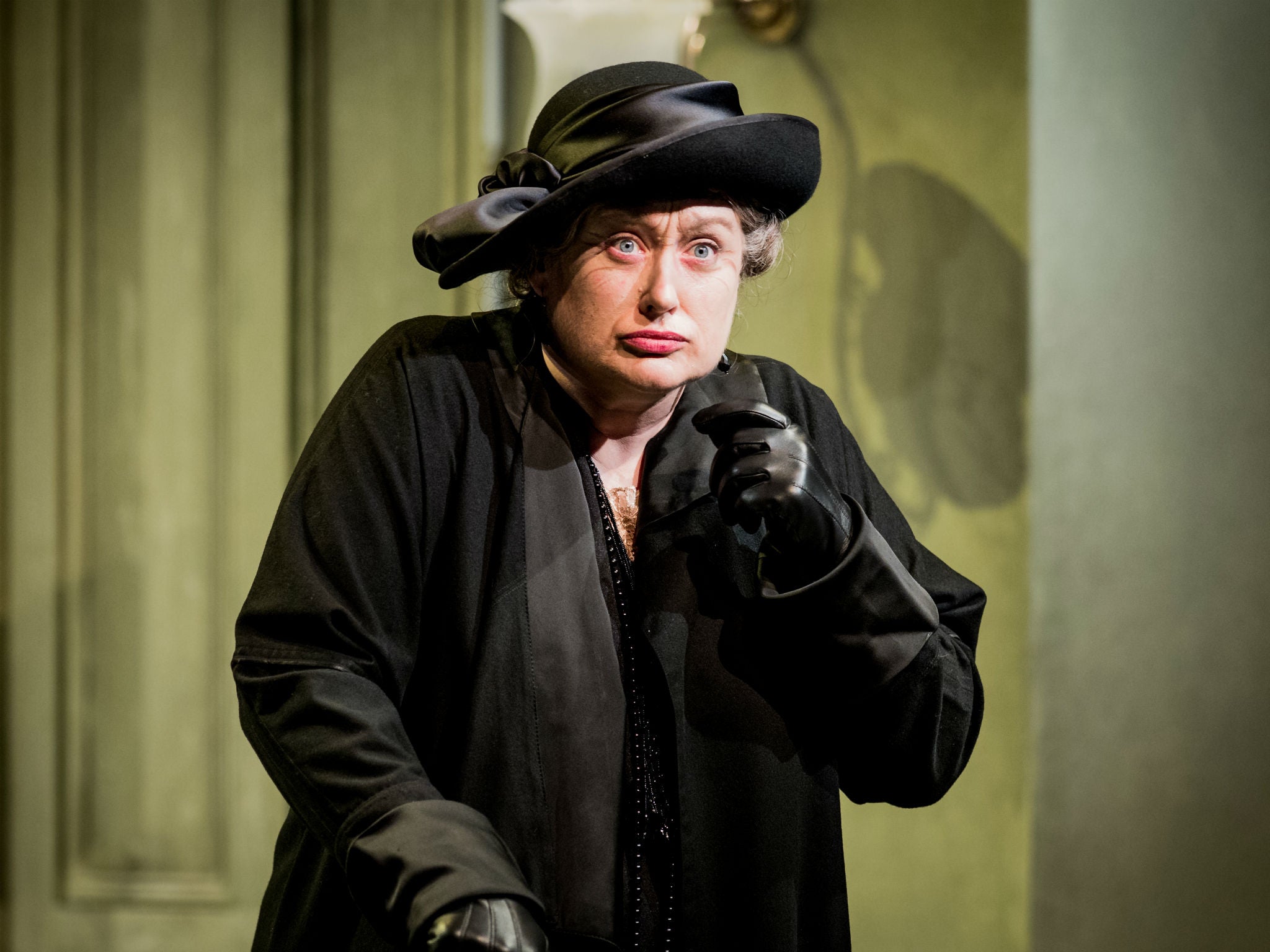Albert Herring, Grange Festival, Hampshire, review: 'The opera’s innocent pleasures get an expansive airing'
The director John Copley and the conductor Steuart Bedford join forces in this new production of Benjamin Britten’s comic masterpiece

Your support helps us to tell the story
From reproductive rights to climate change to Big Tech, The Independent is on the ground when the story is developing. Whether it's investigating the financials of Elon Musk's pro-Trump PAC or producing our latest documentary, 'The A Word', which shines a light on the American women fighting for reproductive rights, we know how important it is to parse out the facts from the messaging.
At such a critical moment in US history, we need reporters on the ground. Your donation allows us to keep sending journalists to speak to both sides of the story.
The Independent is trusted by Americans across the entire political spectrum. And unlike many other quality news outlets, we choose not to lock Americans out of our reporting and analysis with paywalls. We believe quality journalism should be available to everyone, paid for by those who can afford it.
Your support makes all the difference.It’s a funny, hybrid work, part affectionate portrait of English village life, and part parable of (gay?) liberation – a chamber comedy composed after Peter Grimes. Britten was in his thirties when he wrote Albert Herring, the tale of an overly obedient son who, in the dearth of any adequately spotless female candidate for May Queen, gets crowned May King instead, and after being tricked into drinking rum-laced lemonade (to the Tristan chord, naturally) disappears for a night of high jinks.
In the hands of two experienced Britten practitioners: veteran director John Copley (who incidentally played Grimes’s apprentice as a teenager), and conductor Steuart Bedford (who premiered Death in Venice), the opera’s innocent pleasures get an expansive airing, with Bedford relishing each humorous nuance to be had.
The selection committee – Superintendent Butt, the Mayor, the teacher and vicar – terrorised by the autocratic local grandee Lady Billows (Orla Boylan, channelling her inner Patricia Routledge), might have swum into beautifully characterised voice straight out of PG Wodehouse. Courting couple Nancy and butcher’s boy Sid (Kitty Whately and Timothy Nelson) provide Albert with a tantalising vision of possibilities.
But in the great nine-voice Threnody near the end when everyone briefly believes Albert dead, what Peter Hall called “one of the most shatteringly emotional bits of music in all opera”, you suddenly remember this was composed in the shadow of war and hear anew the urgency in the opera’s injunction to “gather ye rosebuds”.
Join our commenting forum
Join thought-provoking conversations, follow other Independent readers and see their replies
Comments